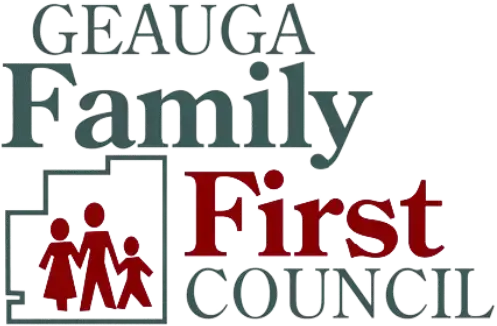Home » Get Help » Help for Children and Teens » Mental Health Resources for Children and Teens
To best support the mental health of children and youth, it requires a community-wide effort.
Mental health conditions are real, common, and treatable, and people experiencing mental health challenges deserve support, compassion, and care, not stigma and shame. Mental health is no less important than physical health. And that must be reflected in our how we communicate about and prioritize mental health.
For youth, this includes building strong relationships with peers and supportive adults, practicing techniques to manage emotions, taking care of body and mind, being attentive to use of social media and technology, and seeking help when needed. For families and caregivers, this means addressing their own mental health and substance use conditions, being positive role models for children, promoting positive relationships between children and others as well as with social media and technology, and learning to identify and address challenges early. Youth and families should know that asking for help is a sign of strength.
Care should be tailored to children’s developmental stages and health needs, and available in primary care practices, schools, and other community-based settings. It’s particularly important to intervene early, so that emerging symptoms don’t turn into crises.
This includes creating positive, safe, and affirming educational environments, expanding programming that promotes healthy development (such as social and emotional learning), and providing a continuum of support to meet the social, emotional, behavioral, and mental health needs of children and youth. To achieve this, we must also expand and support the early childhood and education workforce.
Priorities should include reducing child poverty and ensuring access to quality childcare, early childhood services, and education; healthy food; affordable health care; stable housing; and safe neighborhoods.
Struggling with your mental health does not mean you are broken or that you did something wrong. Mental health is shaped by many factors, including biology and life experiences, and there are many ways mental health challenges can be addressed.
Find trusted adults, friends, or family members to talk to about stressful situations. Reaching out to others can be hard and takes courage, but it is worth the effort and reminds us we are not alone.
Social connection is a powerful buffer to stress and a source of wellbeing. Spend time with others regularly, in-person and virtually. Get involved in group activities, such as recreation and outdoor activities, afterschool programs, and mentorship programs.
Volunteering in your community and helping others can be a great way to connect with people, build a sense of purpose, and develop your own sense of self-worth. Helping others when you are the one struggling can seem counterintuitive. But service is a powerful antidote to isolation, and it reminds us that we have value to add to the world.
Try to recognize situations that may be emotionally challenging for you, and come up with strategies to manage those emotions.
Stick to a schedule, eat well, stay physically active, get quality sleep, stay hydrated, and spend time outside. Avoid substances that can ultimately make you feel tired, down, or depressed, such as alcohol, marijuana, vaping, and tobacco.
Here are some questions to help guide your technology use: How much time are you spending online? Is it taking away from healthy offline activities, like exercising, seeing friends, reading, and sleeping? What content are you consuming, and how does it make you feel? Are you online because you want to be, or because you feel like you have to be?
Talk to your family and friends about mental health, listen and be a source of support to them, and connect them to the right resources. Advocate for and contribute your ideas at the local, state, or national levels.
The Geauga County Board of Mental Health & Recovery Services provides a client-centered path to recovery by ensuring that treatment, prevention, and support services are available when people need them in our community.




